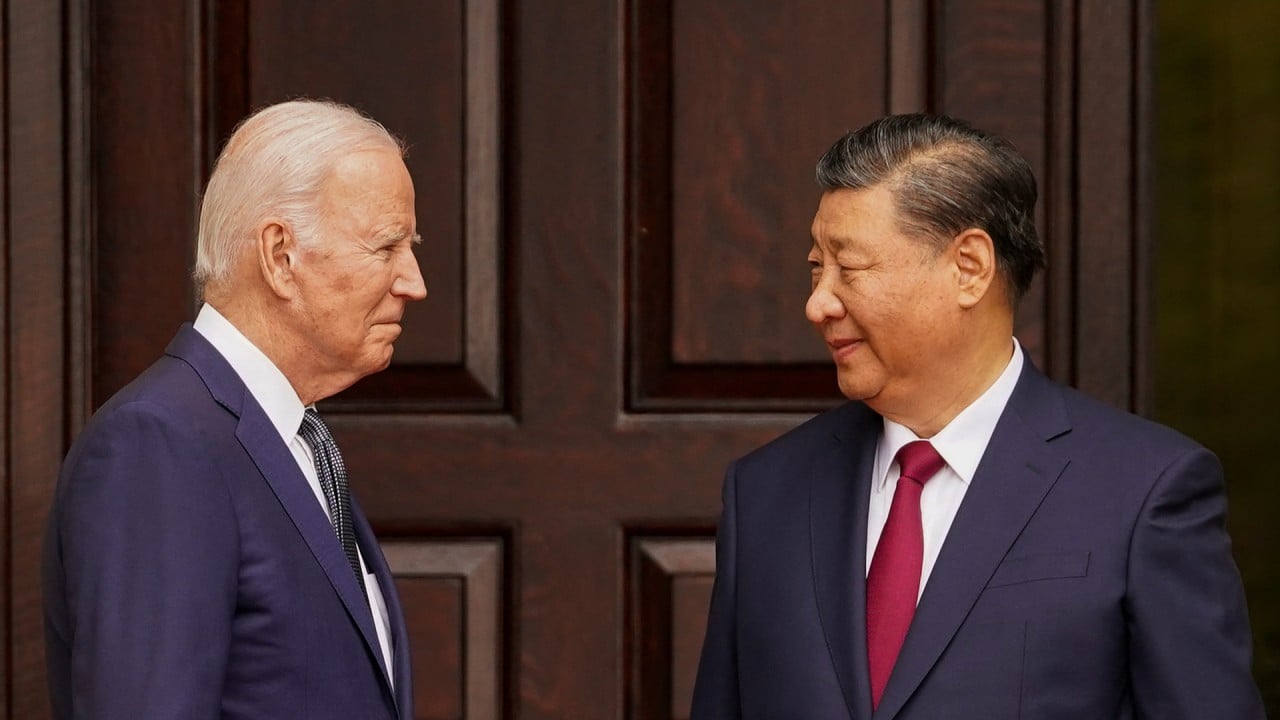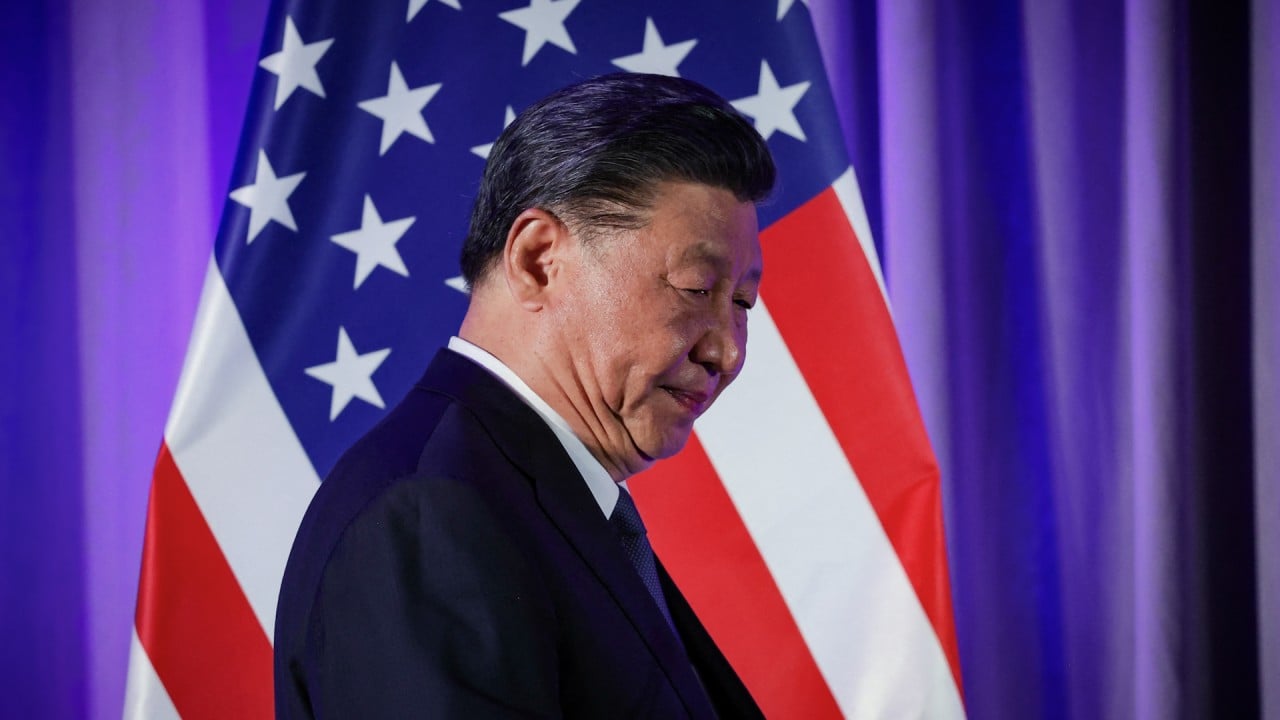
Amid stormy US-China ties, friendship between people remains a beacon of hope
- From the comradeship of the World War II ‘Flying Tiger’ volunteer pilots to the ‘ping-pong diplomacy’ of the 1970s, people-to-people friendship is the true foundation of the US-China relationship
Their meeting lasted four hours with simultaneous interpretation. According to China’s statement, they had “candid and in-depth” exchanges over the strategic issues “critical to the direction of China-US relations” and “world peace and development”.
So all seems well. Yet again, optimism may be a bit naive; after all, we should watch what they do, not what they say.
And it comes under a provision known as Foreign Military Financing, which has sent billions of dollars to Ukraine, Afghanistan, Iraq, Israel, Egypt and other countries. These recipients have one thing in common: they are nations recognised by the United Nations. But Taiwan is not.
As the BBC put it: “For the first time in more than 40 years, America is using its own money to send weapons to a place it officially doesn’t recognise.” Yet the US claims to stick to a one-China policy, that it does not support Taiwan independence.
Here’s the interesting part, though. What exactly is Taiwan in the eyes of the US government? And who is interfering in Taiwan’s elections?

The Taiwan question has always been at the core of China’s national interests. The US is quite aware of this. That’s why it often plays the Taiwan card. As a Chinese person, I believe in the final reunion – though the US is making it a bumpy road, and damaging bilateral relations along the way.
Last month, Flying Tiger veterans travelled to China with the first, second, third and even fourth-generation family members of other Flying Tigers. I was impressed by the words of Nell Calloway, granddaughter of the late Flying Tiger leader, General Claire Chennault.
In a CGTN interview, she said she felt a “responsibility” to talk about the friendship the Chinese and Americans shared during World War II because it “helps us to build a foundation for the future”.
When asked if she could bear it if that foundation of friendship was being shaken, Calloway said that even “family members don’t always get along”. The director of the Chennault Aviation and Military Museum in Louisiana said many veterans she had interviewed spoke of the Chinese they had fought alongside as “brothers” and that this feeling was “something that we can build on”.

“Family members”, even “brothers”, these are rare words when it comes to describing US-China relations. I am touched to learn that there are those who cherish the friendship in these terms.
I want to end with the wise words of Flying Tiger Mel McMullen, who is in his late 90s: “People are the same. Their governments may be different, but the people actually always have one desire, and that is to live and to raise their families in peace, and in the customs of their predecessors.”
There is a Chinese saying that those who do not listen to the advice of the elderly will suffer. One hopes the US government is listening.
Wei Wei is the former chief correspondent of the Eurasian bureau based in Moscow of China Central Television

.JPG?itok=dEZdZ2Hn&v=1694149505)

